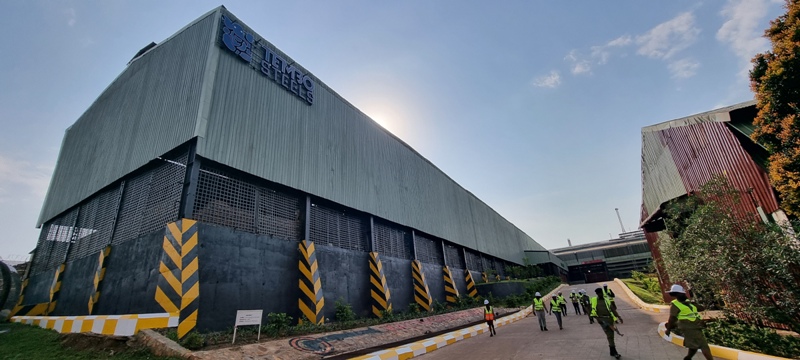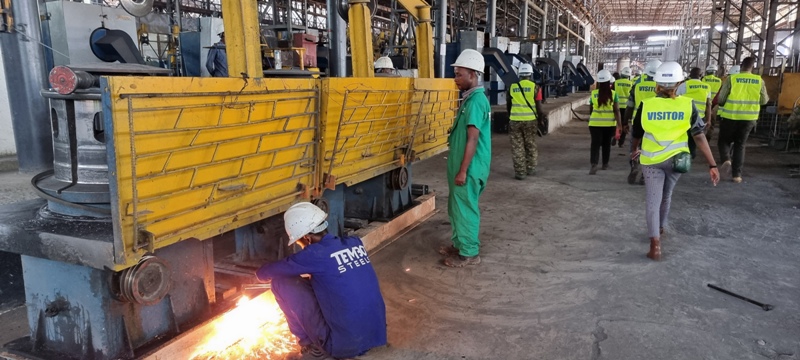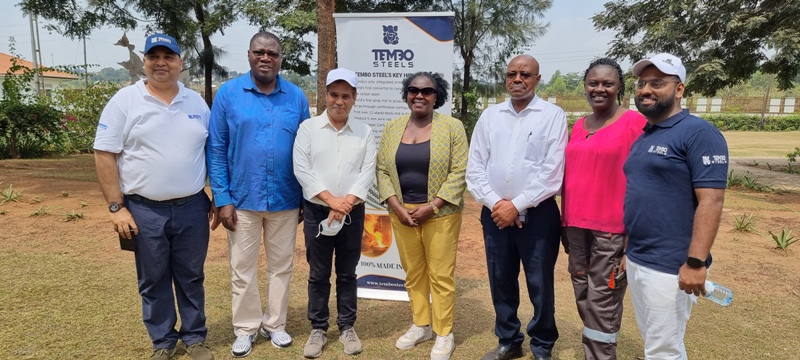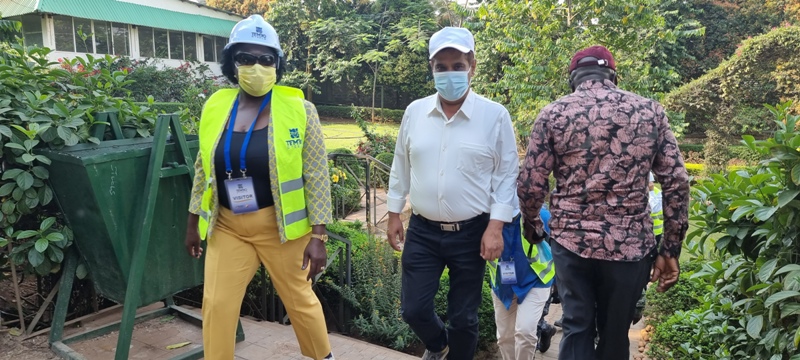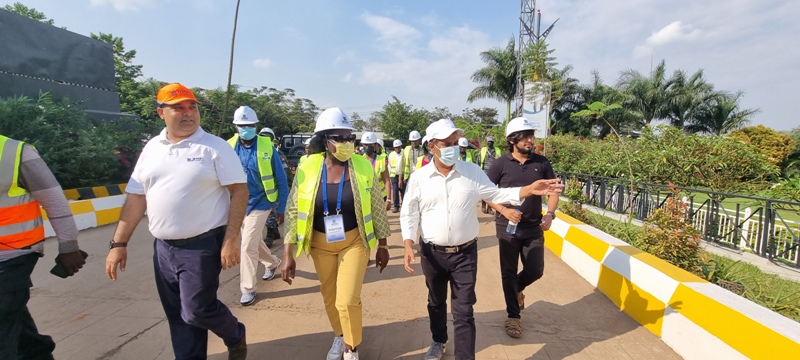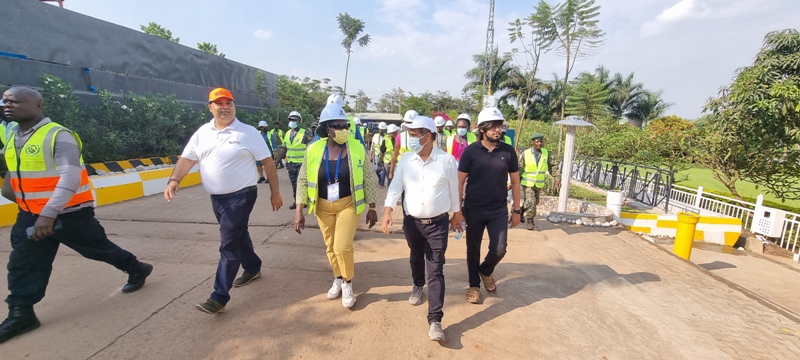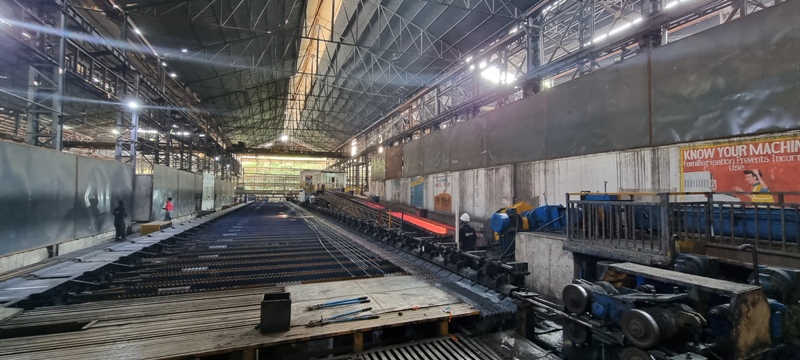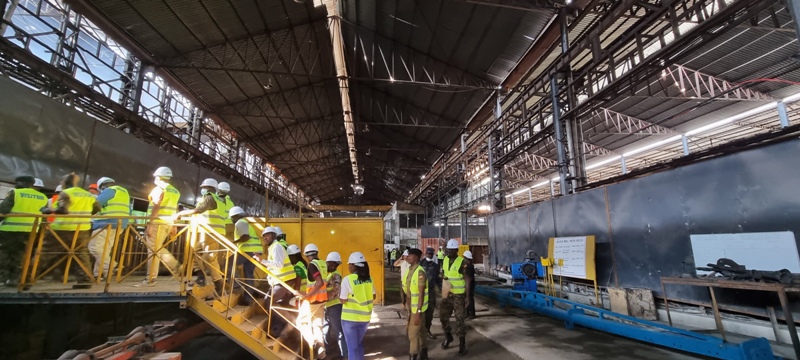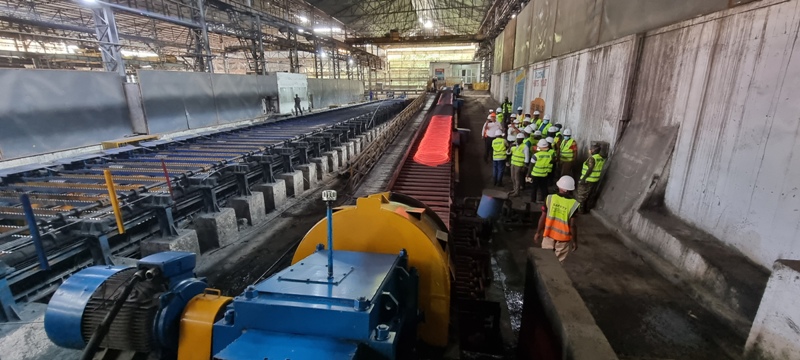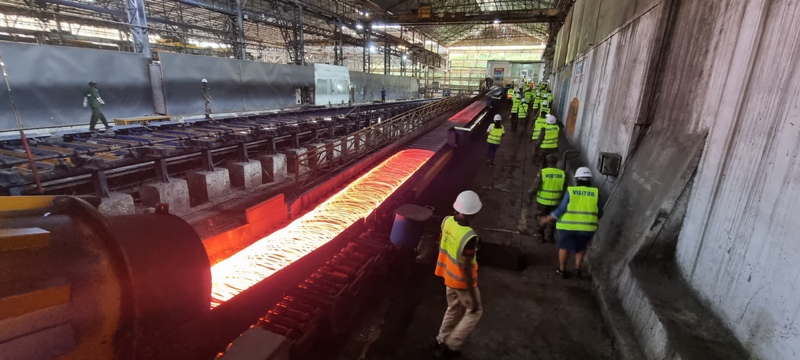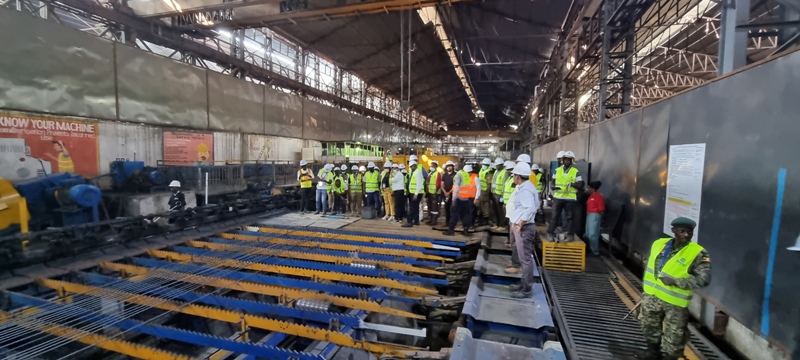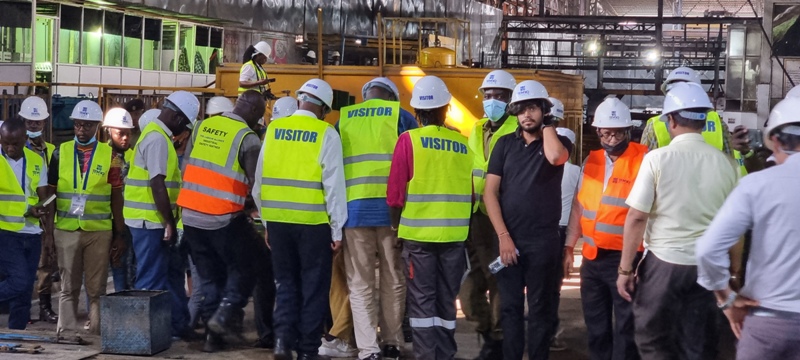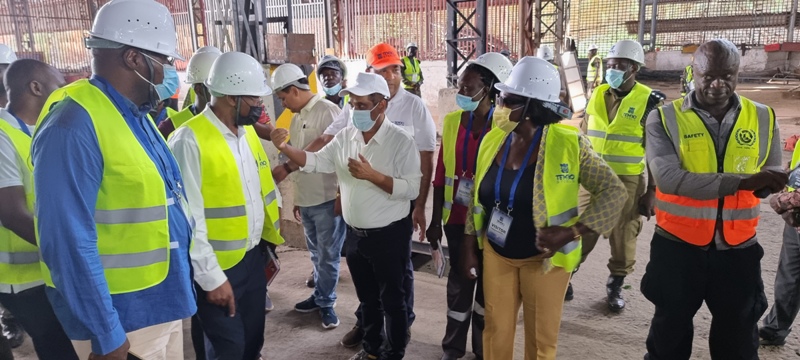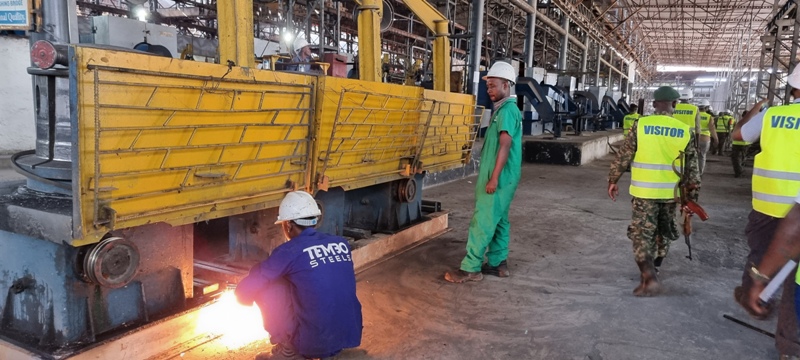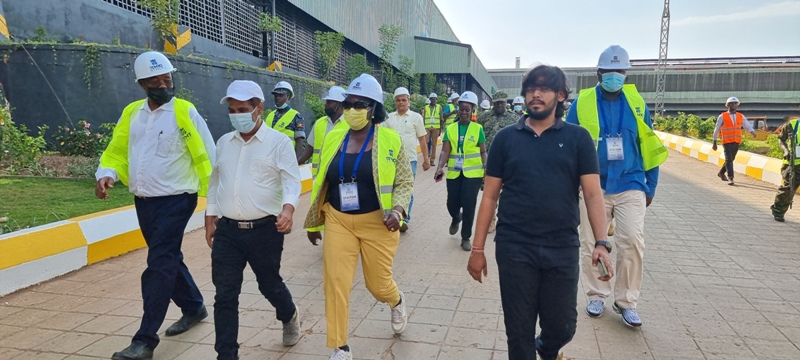The Cabinet Sub-Committee on Mineral Development of the Republic of Uganda has commended Tembo Steels (U) Ltd, Africa’s most varied & Integrated Steel Plant for playing a leading role in environmental conservation and improvement of Employees Welfare.
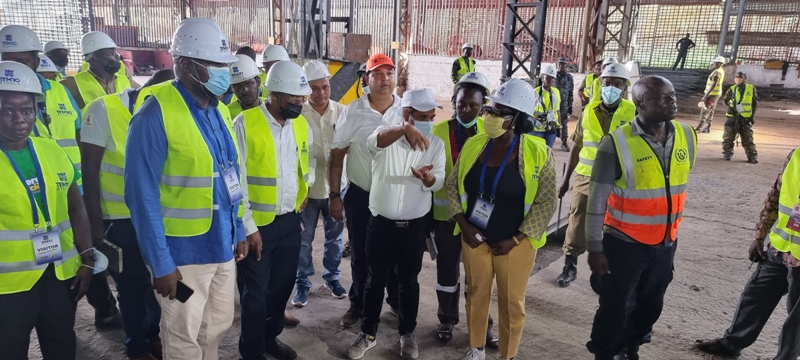
The Cabinet team, which comprised the Minister of Energy and Mineral Development, Dr Ruth Nankabirwa Ssentamu, Ministers of State: Mr Jacob Oboth-Oboth (Defense), and Mr Amos Lugoloobi (Planning), among others was touring eastern region to assess the status of mineral development in the country.
‘’We are impressed by the fact that the area remains green .The area is dealing in breaking rocks and adding value but at the same time you come here and you’re enjoying the very cold and natural breeze. It is unusual that some manufacturers don’t care about this. I encourage all manufacturers to take the matter of environment as part and partial of their policy and I congratulate Tembo for this’’, noted Nankabirwa.
Tembo Steels Ltd has over years remained the leading steel firm in environmental conservation with its Environment Policy aiming to be the most efficient and reliable steel producer and carry out its business operations with utmost regard for safety of the environment.

Tembo has always committed to protect and improve the environment and abide by the laws and regulations concerning the same and it guaranteed to work towards environment protection, prevention of environmental pollution and environment improvement around our business units, adopt sound environment management practices to achieve sustainable growth, Implement systems to deal with environmental issues, thereby ensuring compliance and reporting, Evaluating effectiveness of system through regular audits and management reviews and Continual improvement in their environmental performance.
On the issues of employees, the committee congratulated the company’s labour policies which have created better working conditions for workers at the two plants; Iganga and Lugazi in Buikwe.
Addressing the Cabinet Sub-Committee on Mineral Development that visited the facilities, Mr Sanjay Awasthi, the chairman of Tembo Steels said the firm is committed to remaining the leading value addition company in the steel sector and also emphasized that their policies have promoted BUBU.
The visiting team toured the extra-large plant’s facilities, including the Furnace (S.M.S), Billet Yard, Rolling Mill/ Cooling Bed, Block Mills, State of the Art Laboratories, Wire Drawing Unit, Nail Plant, Wire Mesh Units, Gas Plant among others.
The Cabinet’s mission is to establish the status of the country’s ongoing initiatives to add value to Uganda’s products before export, in line with the presidential ban on the export of unprocessed minerals from Uganda, where Tembo was hailed for being the number one company value addition and heeding to the President’s call.
Uganda is one of the few African countries rich in mineral resource deposits, including Gold, Uranium, Iron ore, Limestone, Marble, Copper, Cobalt, Phosphate, and Lithium. Additional exploration projects for gold reserves with promising results continue in the Buhweju, Mubende, Namayingo, Karamoja, Kisoro, and Zombo districts.
